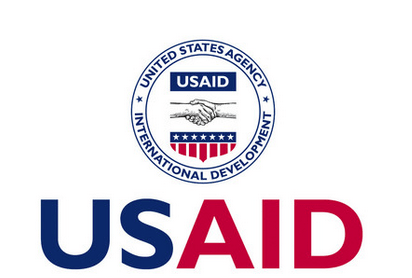
The United States Agency for International Development (USIAD), has launched a $35.9 million grant package to support Ghana’s agriculture systems to ensure food security and improve the livelihood of about 200,000 individuals.
The five-year project would provide the needed finance and input to increase production of maize, shea, bambara beans, soybeans, cowpea, groundnuts, tomatoes, pepper, onion, mango and moringa, and their value addition.
Known as the Ghana Market Systems and Resilience (MSR) Activity, the project would benefit smallholder farmers, particularly, women and youth, as well as out-growers, buyers, processors and exporters.
Through the grant facility, which takes effect from March 2023, smallholder farmers and other value chain actors would have access to a financing amount between $5,000 and $25,000 for various projects.
It is expected that the project would increase off-farm employment and investment opportunities and help solve value chain challenges including single growing season, limited access to land, water, inputs and services and fragmented markets.
Mr Raymond Denteh, Agribusiness and Financial Services Team Leader, MSR Activity, Ghana, said the essence of the grant project was to make sure that the market system was more resilient, more robust and inclusive.
He said this in an interview with the Ghana News Agency after the launch of the project in Accra on Monday, which coincided with a roadshow for stakeholders in the agriculture value chain.
The roadshow would also take place at Tamale, Bolgatanga, Wa and the North East Regions, to help prospective applicants understand the purpose, eligibility requirements, application process and the nature of the grant.
Mr Denteh said USAID wanted to start the project’s rollout as soon as possible, so they would fast-track processes for beneficiaries to access the grant after four to eight weeks of vetting.
He said: “The project is to support and strengthen the agric market system for increased efficiency, productivity and investment to drive economic growth and increase incomes of households in catchment regions.”
He added: “We’ll target women and youth and people with disabilities and focus on commodities that would promote those elements. We want to make sure that the market system is resilient and sustainable, and we’re really committed to it.”
Mr Eric Sunu, the Monitoring and evaluation Manager for the Ghana MSR Activity also said that the grant would target private sector businesses and Non-Governmental Organisations (NGOs), noting that applicants whose projects best aligned with the goals of the project would benefit.
He, therefore, encouraged applicants to ensure that they took part in the roadshows to acquaint themselves with the application processes and requirements to benefit and affect the lives of others.
Mr Sunu said: “The grant is for actors and businesses within the ecosystem to use to implement activities sustainably to will benefit actors and meet the target that has been set out by the donor to the project.”
Some participants at the roadshow lauded the initiative and pledged that the grant received would go to the targeted areas to support the agriculture and food system in Ghana, while improving the lives of people in rural communities.
Source: GNA























